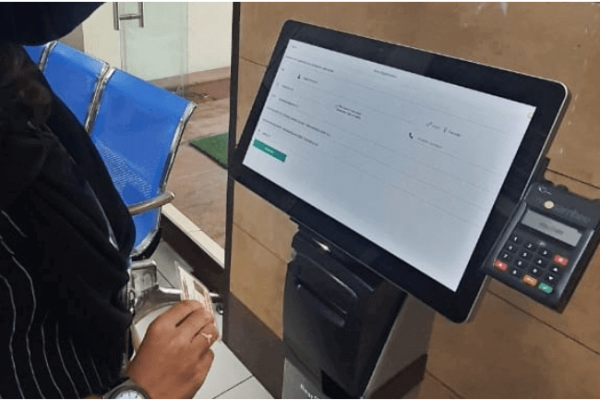ImpactAlpha, October 1 – The challenge of universal healthcare access for India’s uninsured rural poor has been made starkly clear by the COVID crisis. The country’s six million cases ranks second in the world. (The U.S., with a quarter of India’s population, is No. 1, with more than seven million cases.) Entrepreneurs and investors are seizing the moment to build digital health services to fix, streamline and expand care services offered through traditional brick and mortar clinics and hospitals.
The latest example: A pre-Series A investment round for Kerala-based BestDoc, which offers management software to help India’s primary health centers handle scheduling, payment, customer surveys and, during the pandemic, online telemedicine appointments.
Accel and Bangalore-based Arkam Ventures invested.
Market drivers
Investments in digital health startups reached $587 million last year — a four-fold increase from 2014. The three drivers, according to Prabu Thiruppathy of impact investor KOIS, include:
- The telecom boom: “Every household has at least one phone that can send and receive SMS and which has constant connectivity. So mobile access now reaches to the bottom of the economic pyramid and has really enabled India to open up.”
- Talent: A younger generation of tech-savvy healthcare providers and operators have more readily embraced tech in the health sector.
- Policy: the Indian government favors accelerated adoption of health tech to expand health care access and quality.
COVID effect
Investments have only accelerated amid the pandemic. Genetic diagnostics company MedGenome’s $55 million round in April, led by LeapFrog Investments, was an early example. Thiruppathy and Pinak Shrikhande of New Delhi-based healthcare venture fund HealthQuad anticipate that 2020 will indeed be digital health’s breakout year; COVID will speed adoption of solutions already designed to address health crises.
“Before the coronavirus there was an epidemic of chronic diseases happening in India,” says Shrikhande.
To slow and eventually reverse that trend, “it’s not good enough to have incremental growth in hospitals, doctors and manpower,” he adds. “We have to leverage technology to leapfrog into non-conventional modes of care delivery.”
The pandemic is having a similar impact on online education acceleration in India (see, “Vedantu closes $100 million in India’s red hot edtech market”). The latest example: BYJU, one of India’s “big three” edtech companies, secured backing from new investors BlackRock, Sands Capital and Alkeon Capital in a new $500 million funding round.











